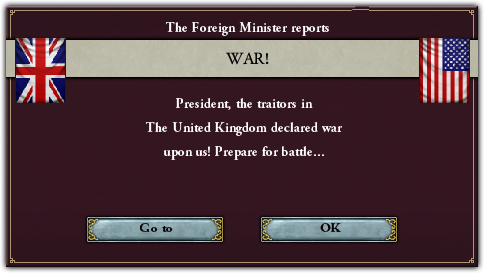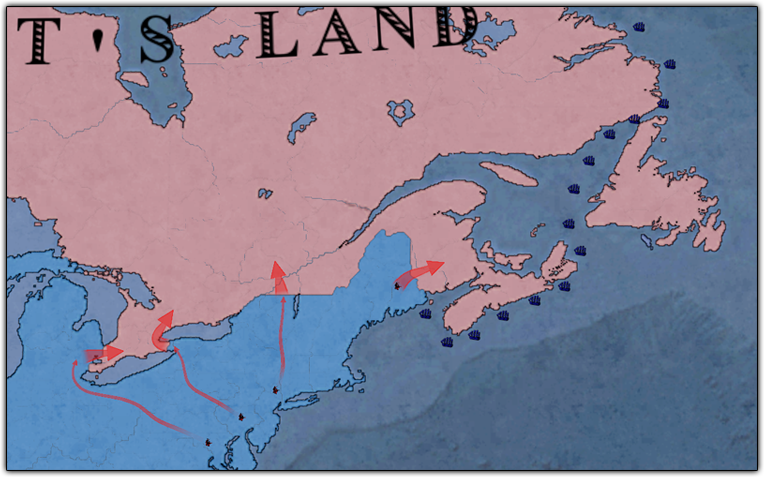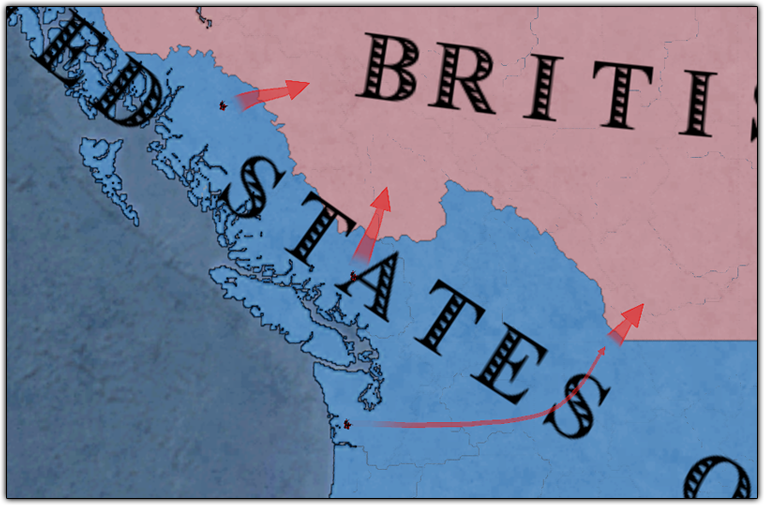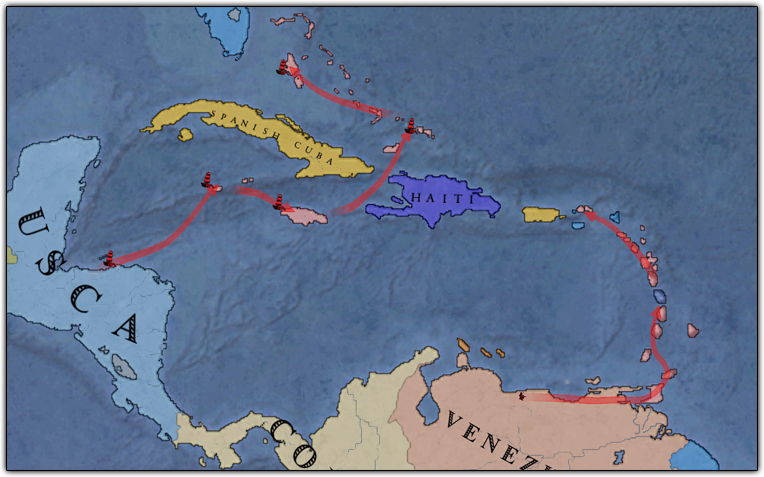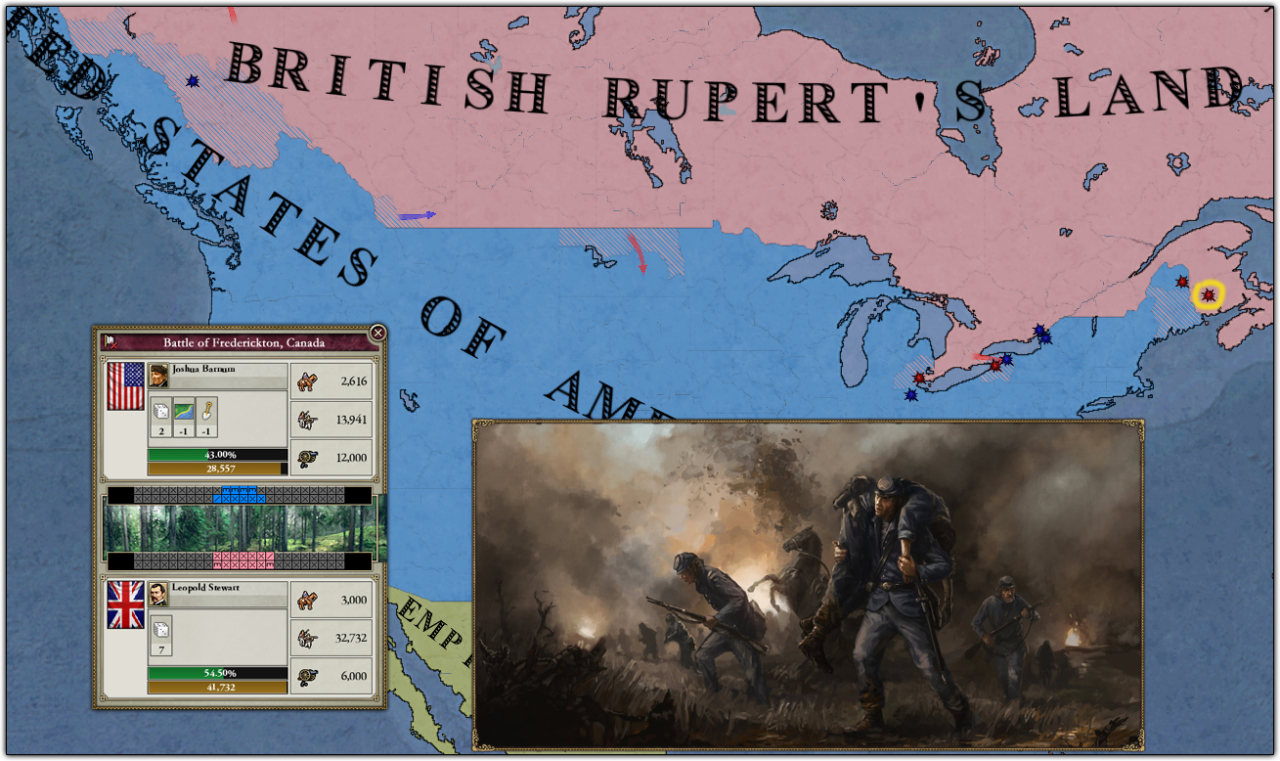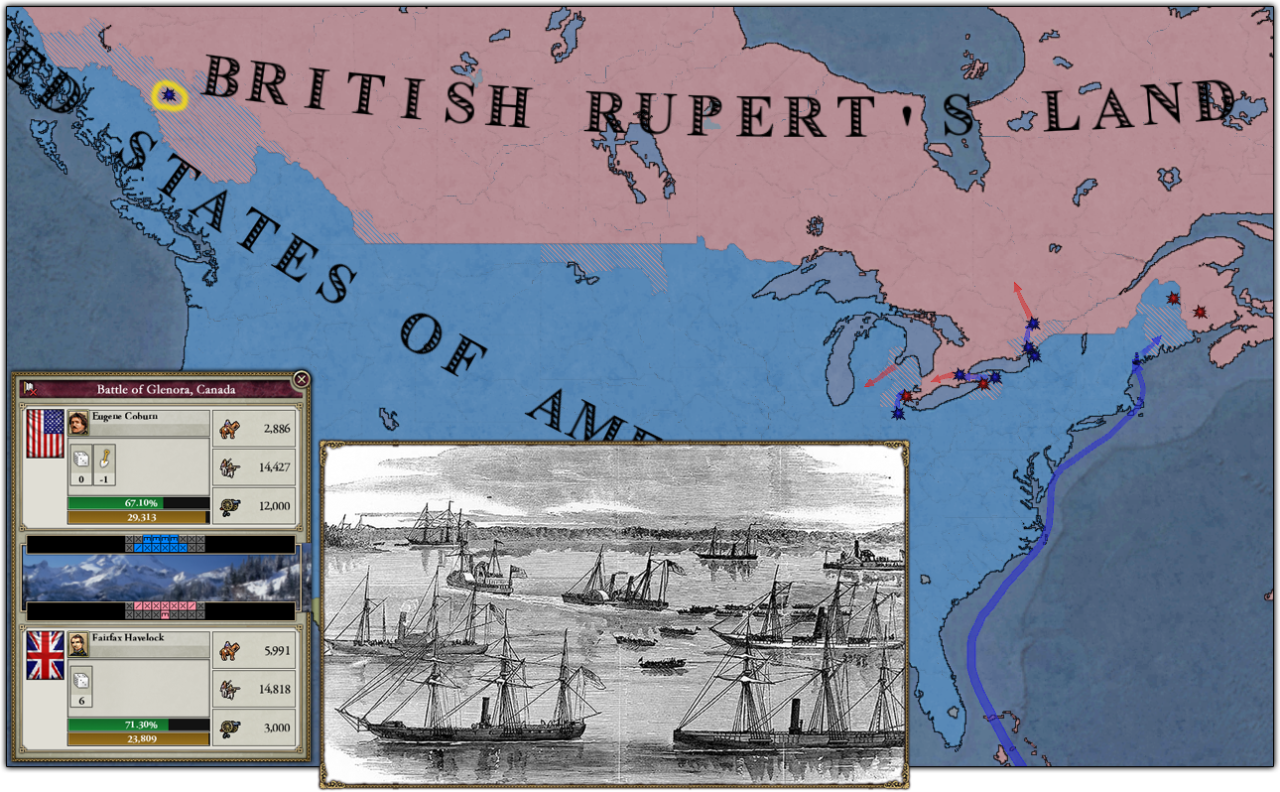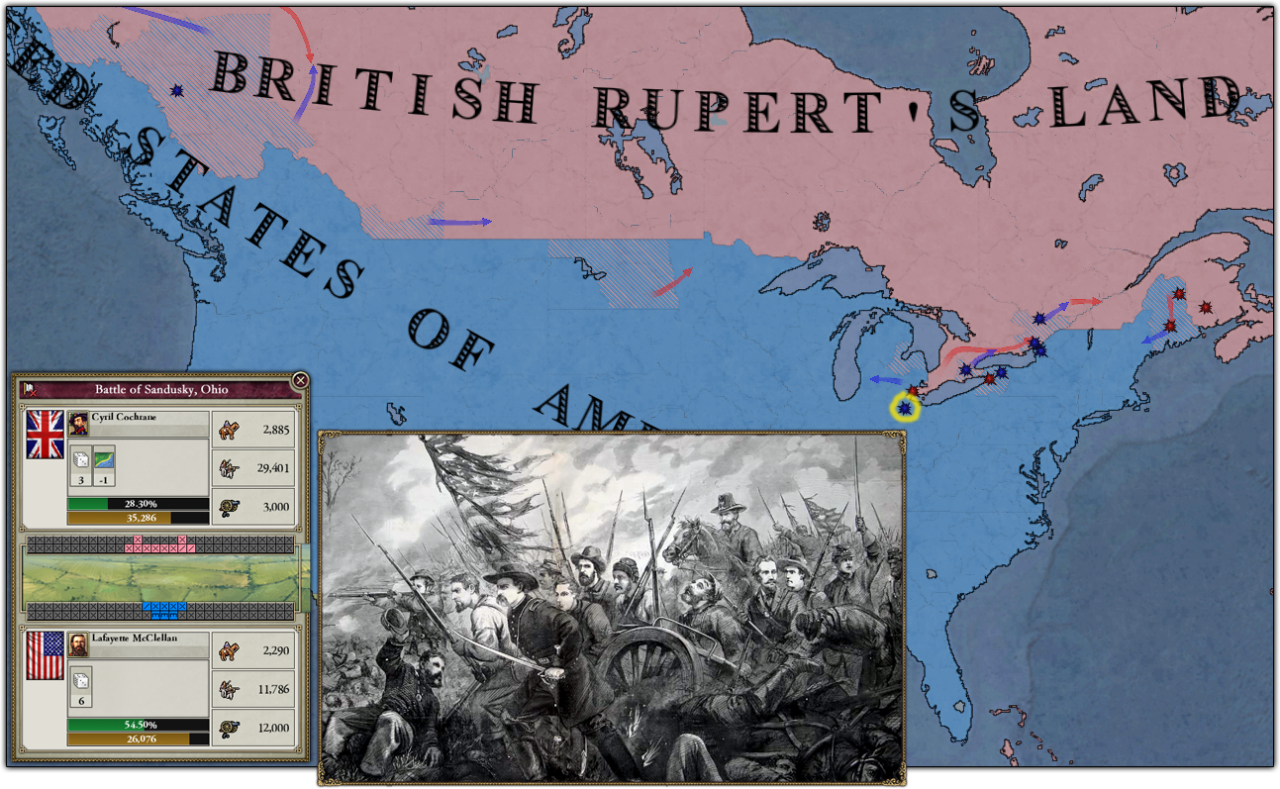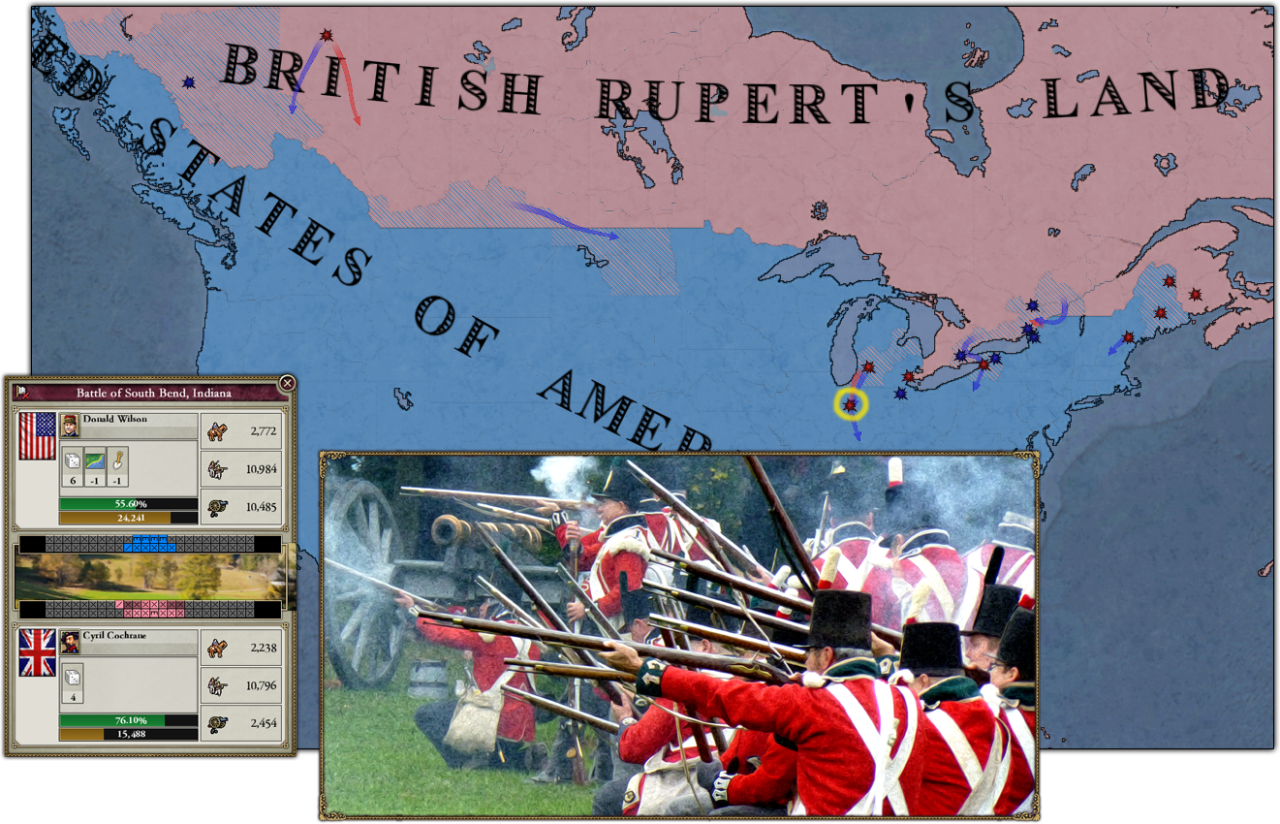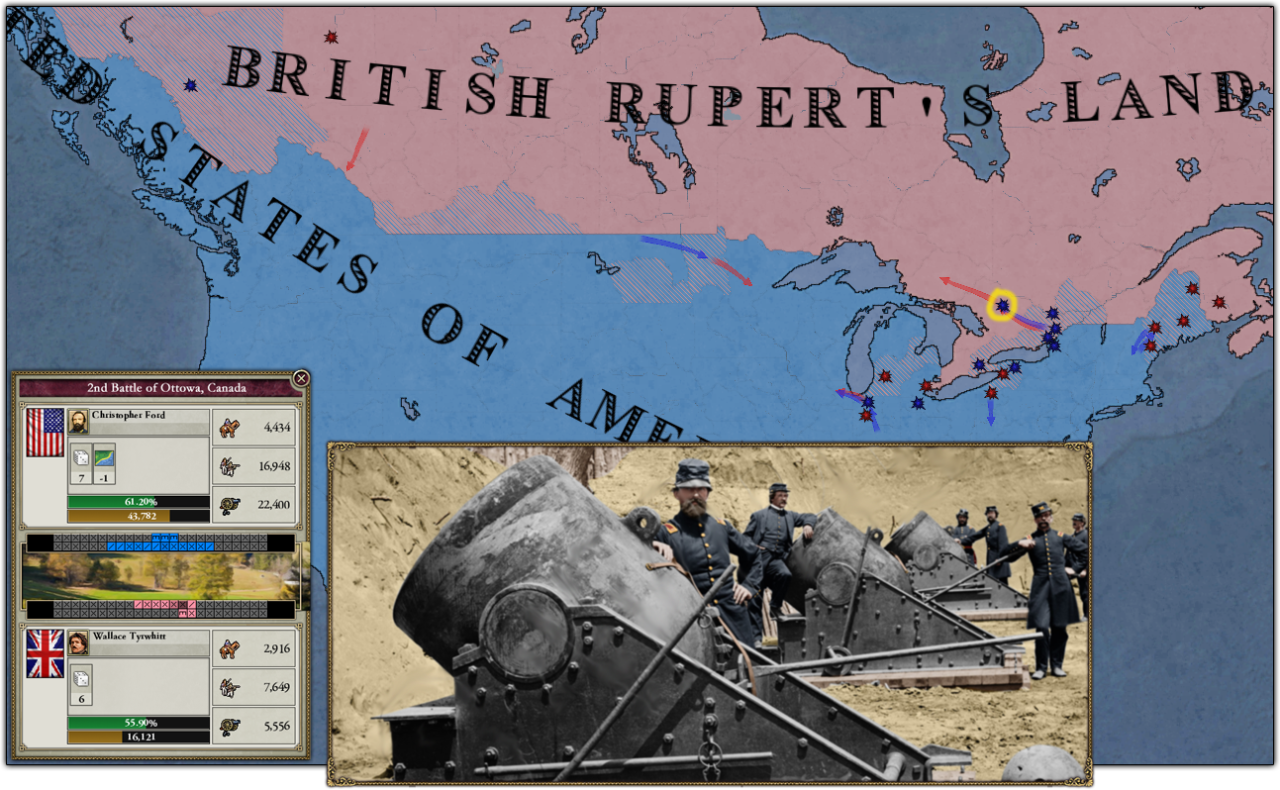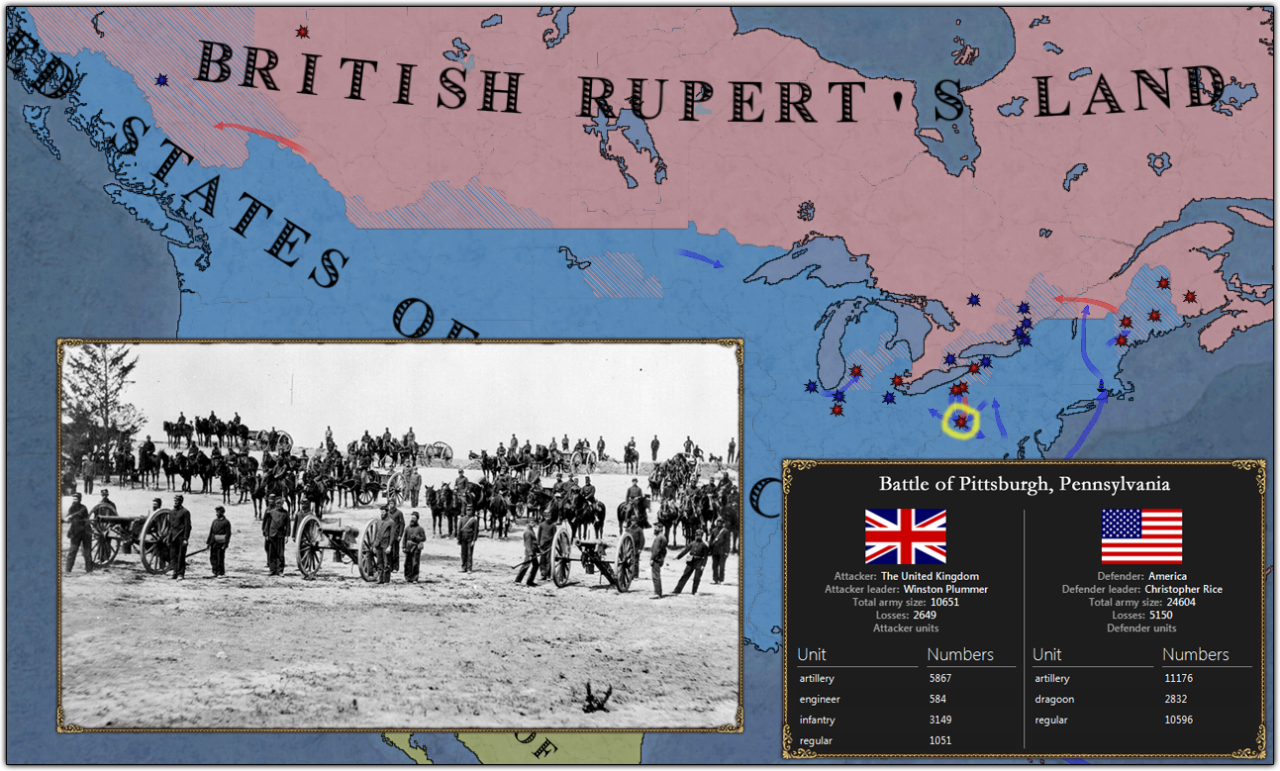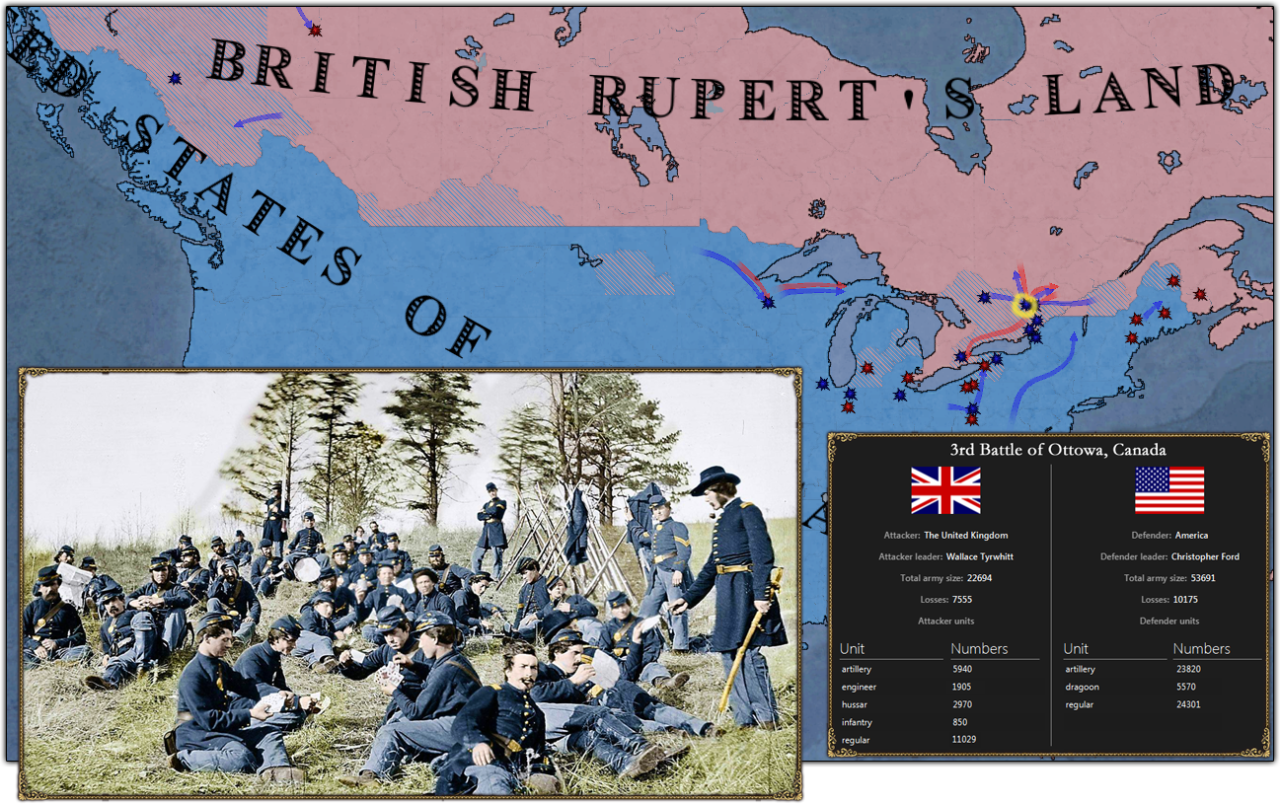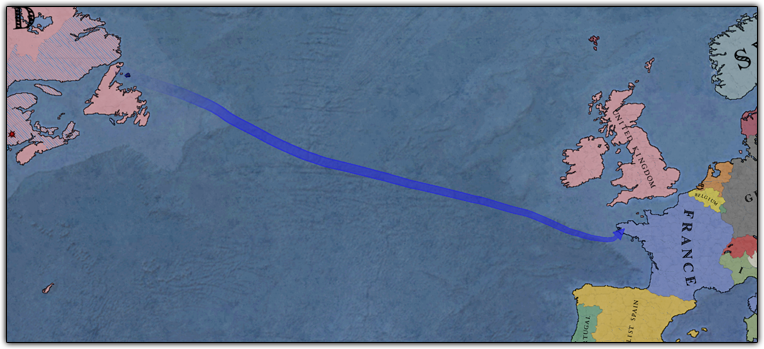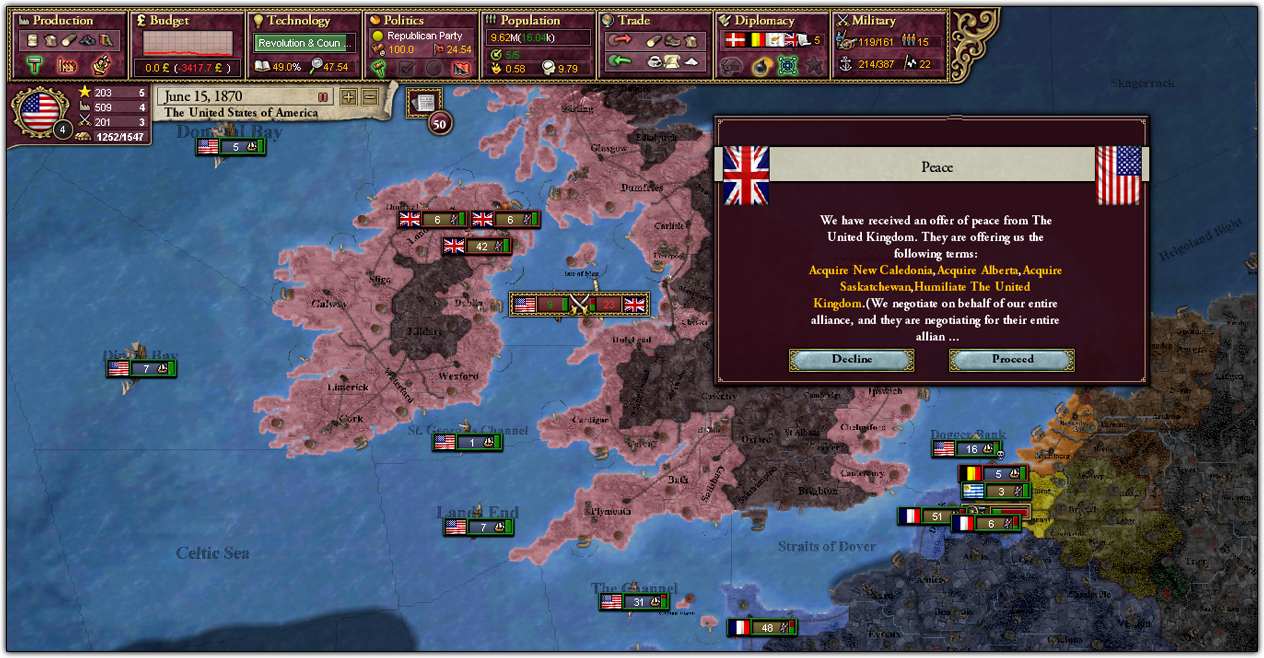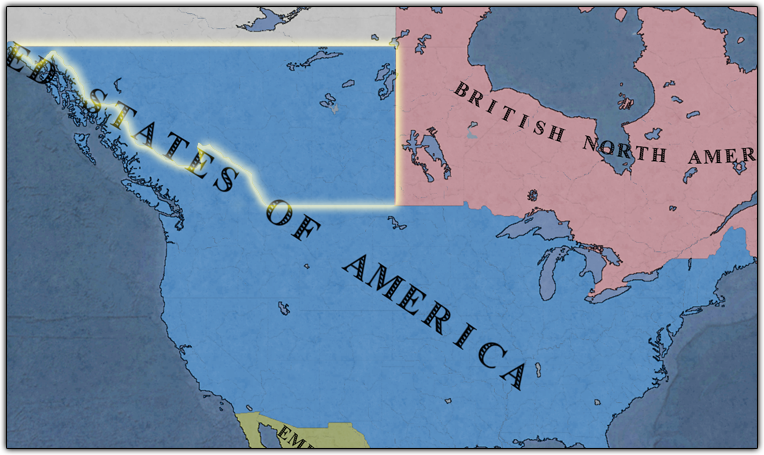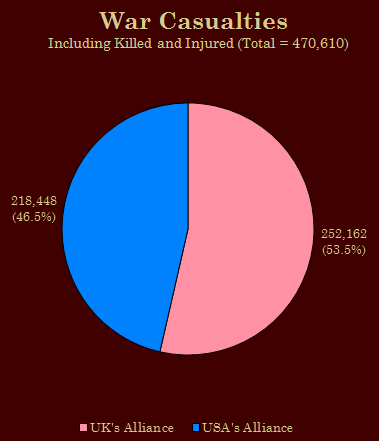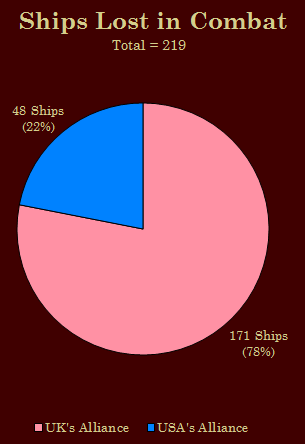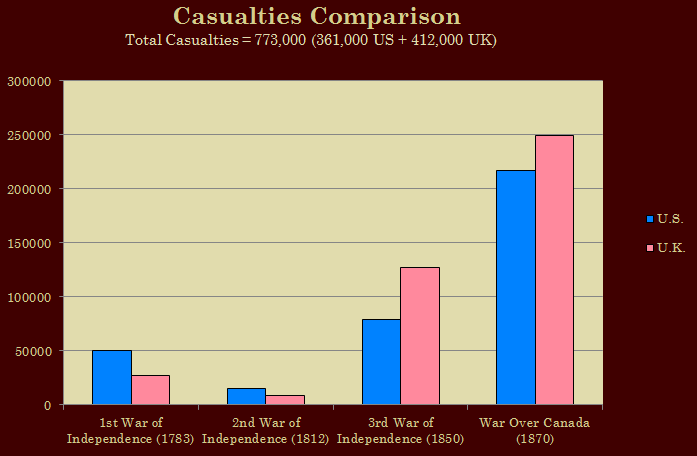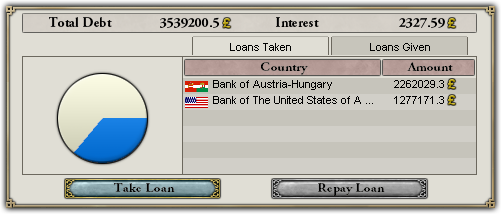That Europe looks nice, with the only semi-weird looking border being the A-H Romanian one. Another good update, which is naturally expected of a man of great talent.
I think when Hungary rebelled, Romanian rebels took advantage and took territory from Hungary before it was gobbled up by Austria - I can't remember for sure though. And thanks!! That means a lot from someone who as their own fantastic AAR.
The KKK needs to be crushed, and who better than Grant? The Europeans borders are sublime-it seems closer to 1914 than 1866! A Great War must be in order...America shall triumph!
I agree. The South needs to get with the program. It looks like a great war could break out at any moment. I'm going to try and stay out of it and take advantage of the destruction it causes when it does erupt
The debt, it hurts...
I knoww, I may have bit off more than I can chew :/
Wait, when did Austria lose Galicia? Also, I'll be curious in finding out whether Grant's administration TTL will be wracked with scandals like OTL.
I think either Prussia or the NGF used a "Free Peoples" CB against Austria during one of their wars a few years back. I have a feeling Grant will be occupied for some time with a major war coming up.
I too am loving that Europe. The coals are burning...
Time to make smores!!
Looking forward to Grant's presidency!
As I alluded to in another comment, I'm going to take advantage of his military experience and leadership. I don't know much about Grant, but I'll read up on him. He seems like a likeable guy haha
- - - - - - - - - - - - - -
I have unpolished graphics and savegame files up until 1880, so I should be updating with a bit more frequency. Maybe two updates per week or per 1.5 weeks. Thanks for reading and stay tuned!



